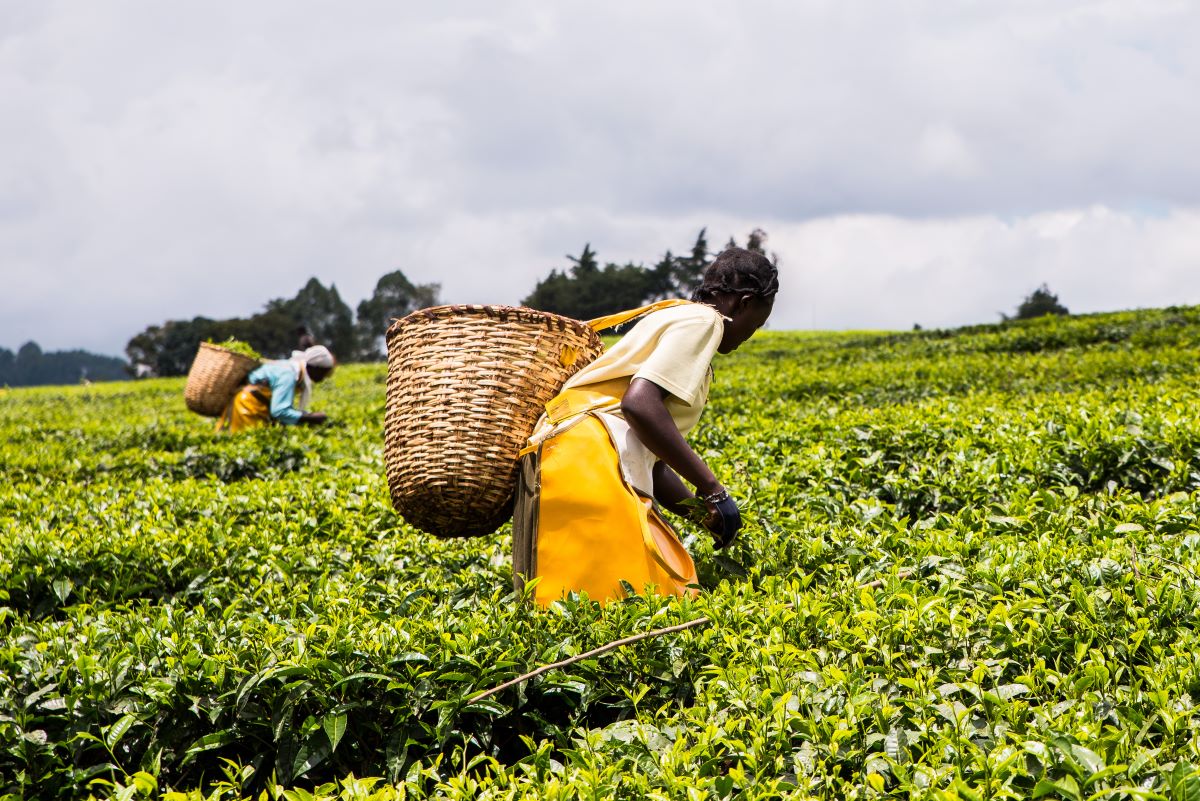British tea culture is often celebrated as a symbol of comfort and refinement, but behind the steaming cups lies a tumultuous history of exploitation and colonial conquest. Does your daily brew come with a side of historical baggage?
1. The Colonial Roots

Tea was not a native British crop but became a staple through the British Empire’s control over tea regions in India and China. This expansion was not a mere trade mission but an imposition of power and extraction of resources.
2. The Opium Wars
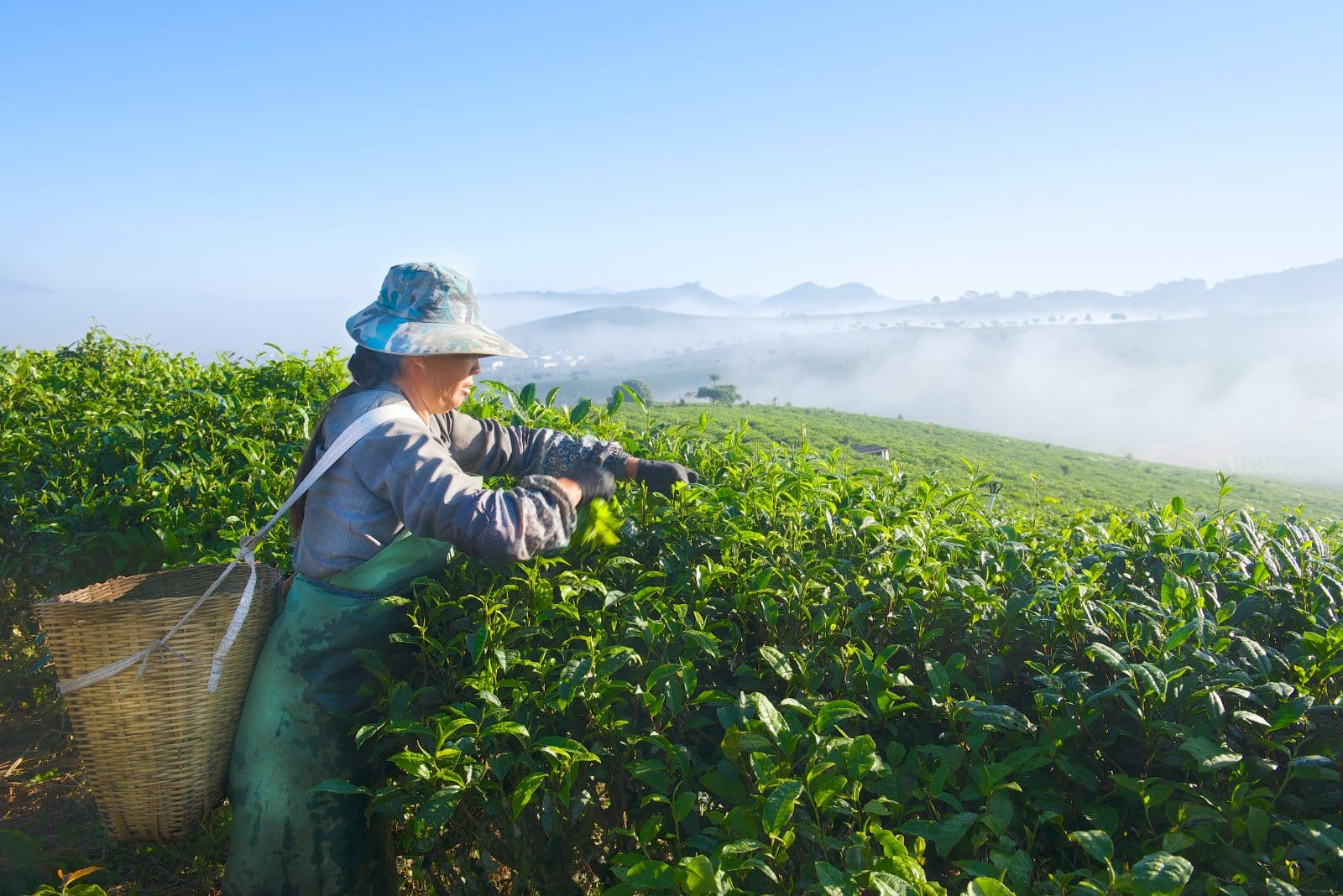
To balance the trade deficit caused by high demand for Chinese tea, Britain exported opium to China, leading to the Opium Wars, devastating Chinese society and economy. The British addiction to tea indirectly fueled widespread addiction to opium in China.
3. Labour Exploitation in India

In Assam and Darjeeling, the British established vast tea plantations where local populations and imported labourers worked under harsh conditions, akin to indentured servitude. The legacy of these exploitative practices is still felt in the tea industry today.
4. Manipulation of Ceylon Tea
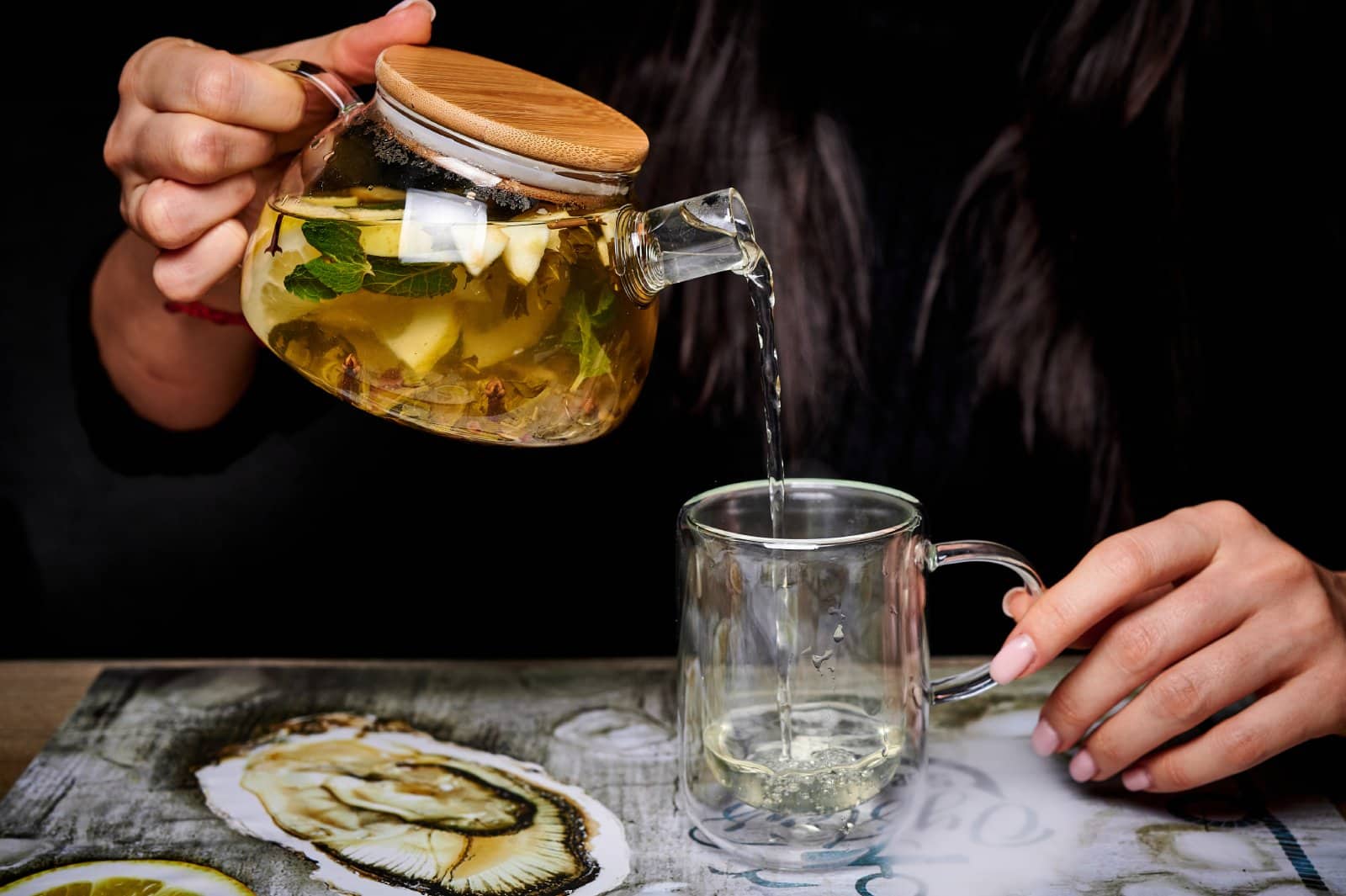
When coffee crops in Sri Lanka (then Ceylon) failed, the British swiftly converted the plantations to tea, using displaced Tamil workers from India who faced brutal working and living conditions. This switch was economically driven, disregarding the welfare of thousands.
5. African Tea Plantations
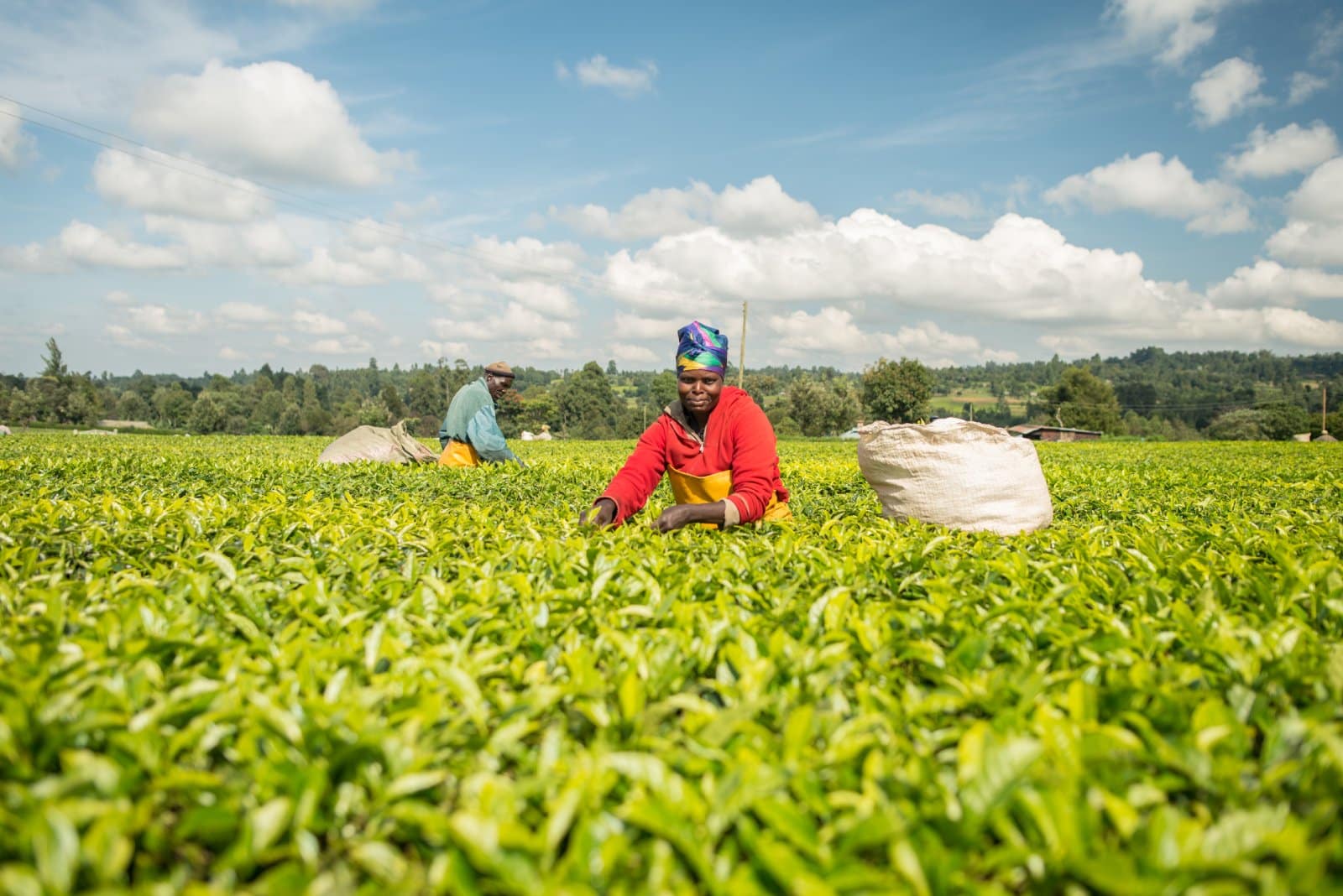
In Africa, British colonizers established tea plantations in Kenya and Malawi, exploiting local land and labour without proper compensation or respect for local rights. The industry was built on the backs of African workers who had little to gain from their toil.
6. The Boston Tea Party Misconception
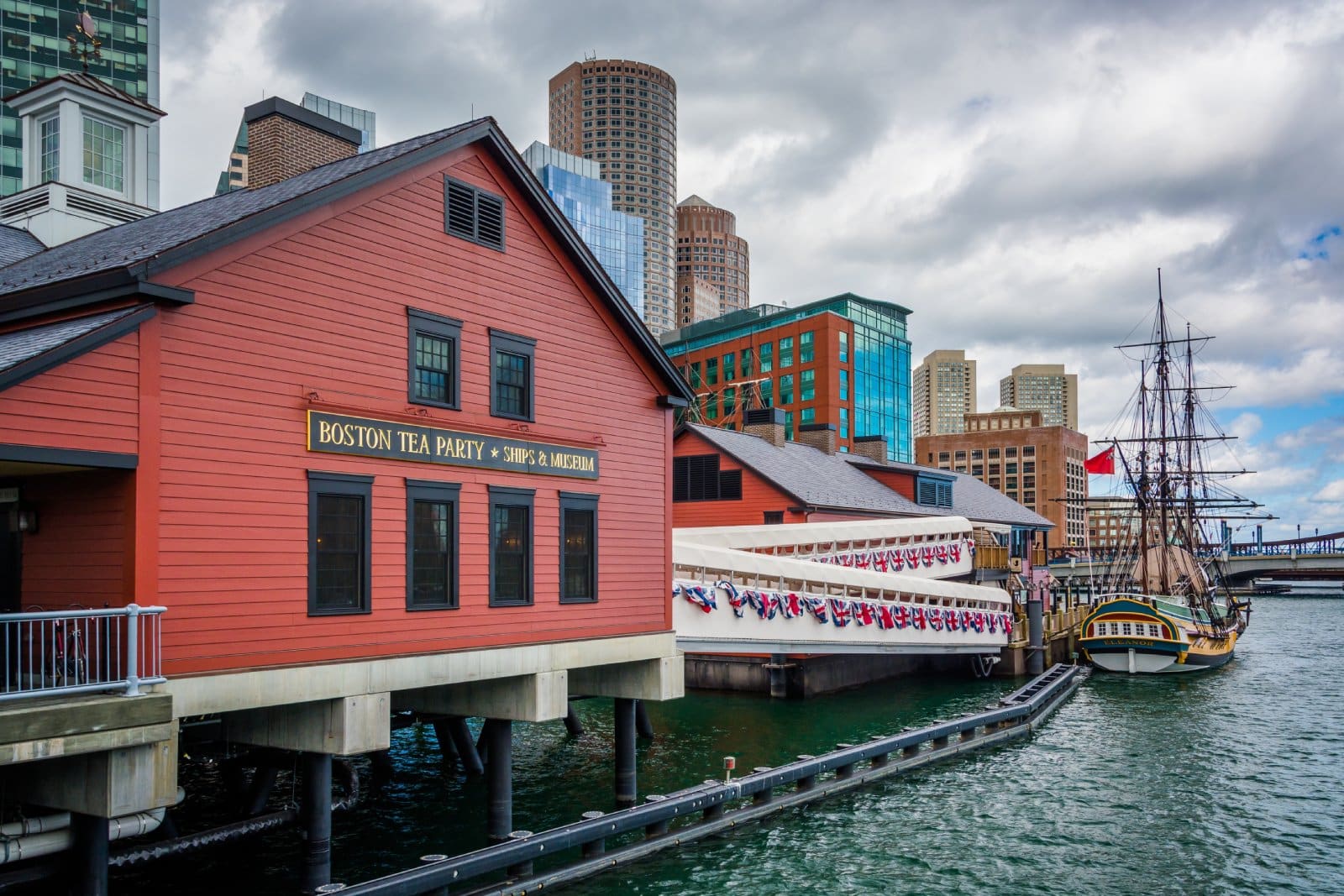
Often celebrated as a fight against British tax tyranny, the Boston Tea Party also underscores how integral tea had become to British identity and control. This event was as much about economic freedom as it was about rejecting exploitative trade practices.
7. Marketing Myths

The British marketed tea domestically as a symbol of sophistication and upper-class leisure, obscuring its colonial roots. This branding helped entrench tea in British culture, masking its exploitative beginnings.
8. Environmental Impact

Tea plantations have often led to deforestation and loss of biodiversity, especially in regions like the Eastern Himalayas. The environmental degradation is a direct result of the plantation model established by the British.
9. Monoculture’s Toll
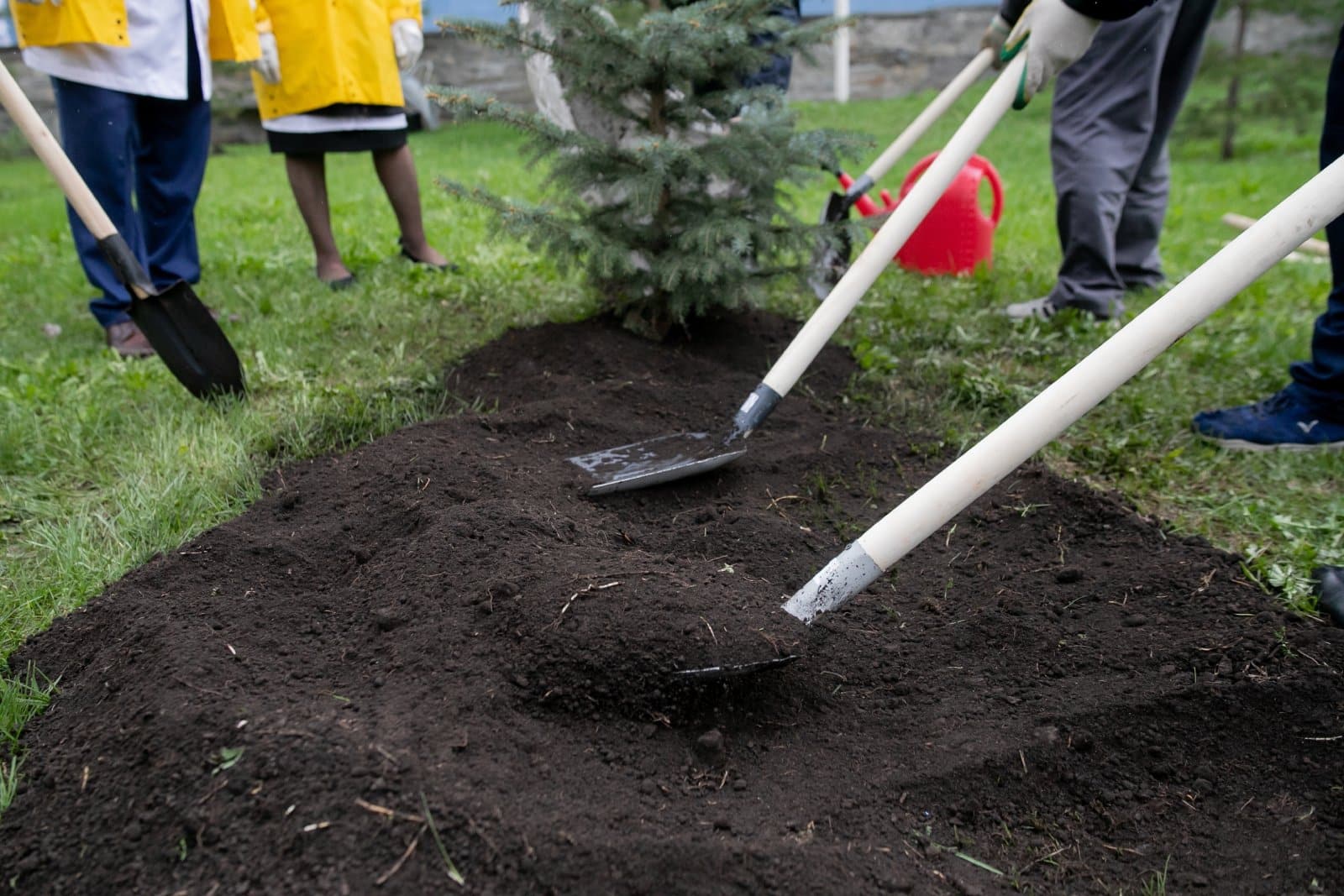
The focus on tea as a monoculture crop has depleted soils and reduced agricultural diversity, which has been problematic for local food security and ecological health. This practice continues to impact farming communities negatively.
10. Health Claims and Realities

Historically, tea was touted in Britain for its supposed health benefits, which were often exaggerated to boost sales. This marketing often overshadowed the poor health conditions of those who harvested the tea.
11. Economic Disparities

The wealth generated from the global tea trade has rarely benefited the tea-growing countries proportionally. The profits have predominantly flowed back to British traders and companies, widening economic disparities.
12. Gender Exploitation
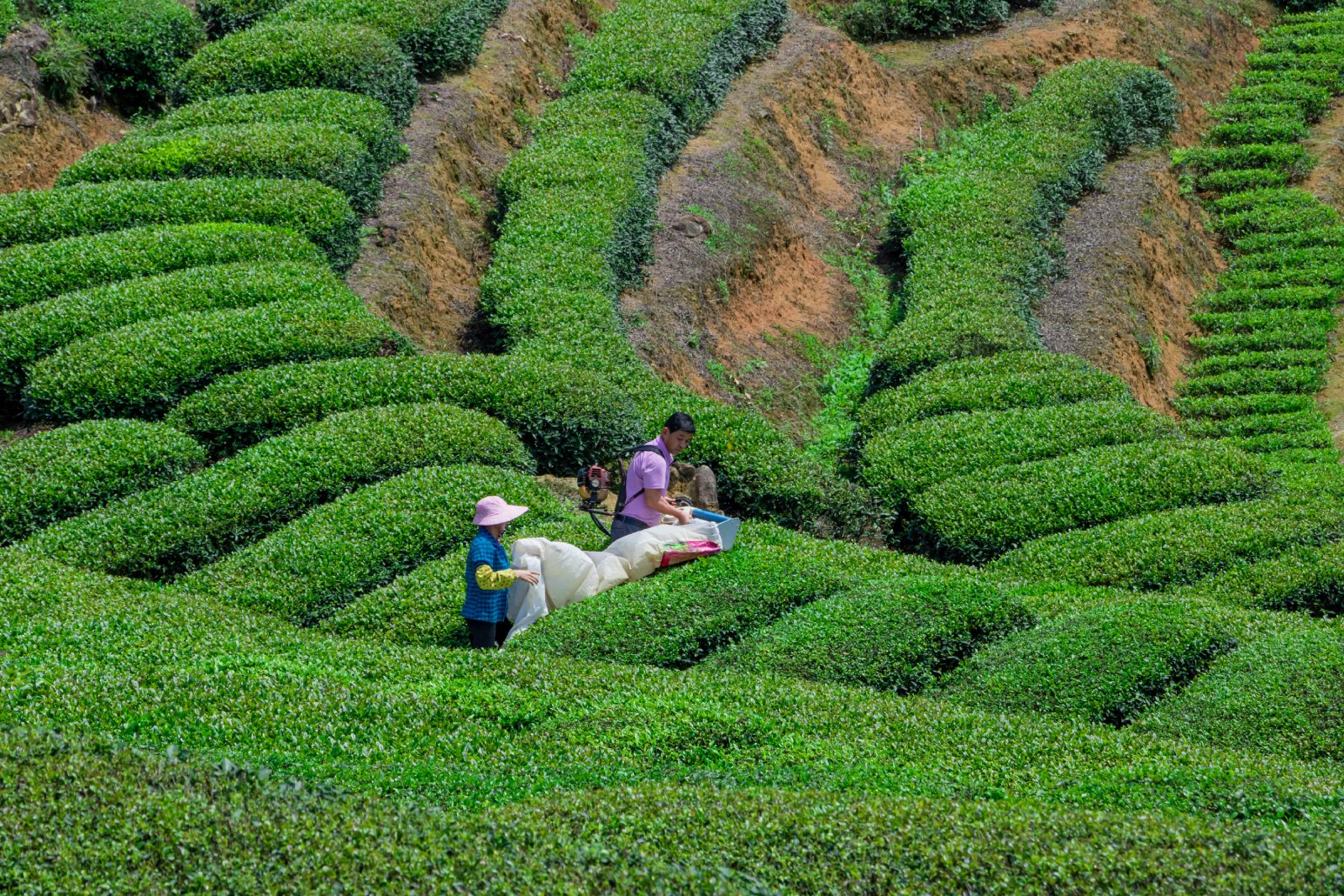
Women have long been the backbone of the tea-picking industry, yet they frequently receive lower wages and endure poorer working conditions than their male counterparts. This gender exploitation is a lingering issue in many tea-producing areas.
13. Political Manipulations

The British used tea as a tool of political leverage in their colonies, manipulating local economies and politics to safeguard their tea interests. Such manoeuvres often destabilized local governance and economic stability.
14. Cultural Appropriation
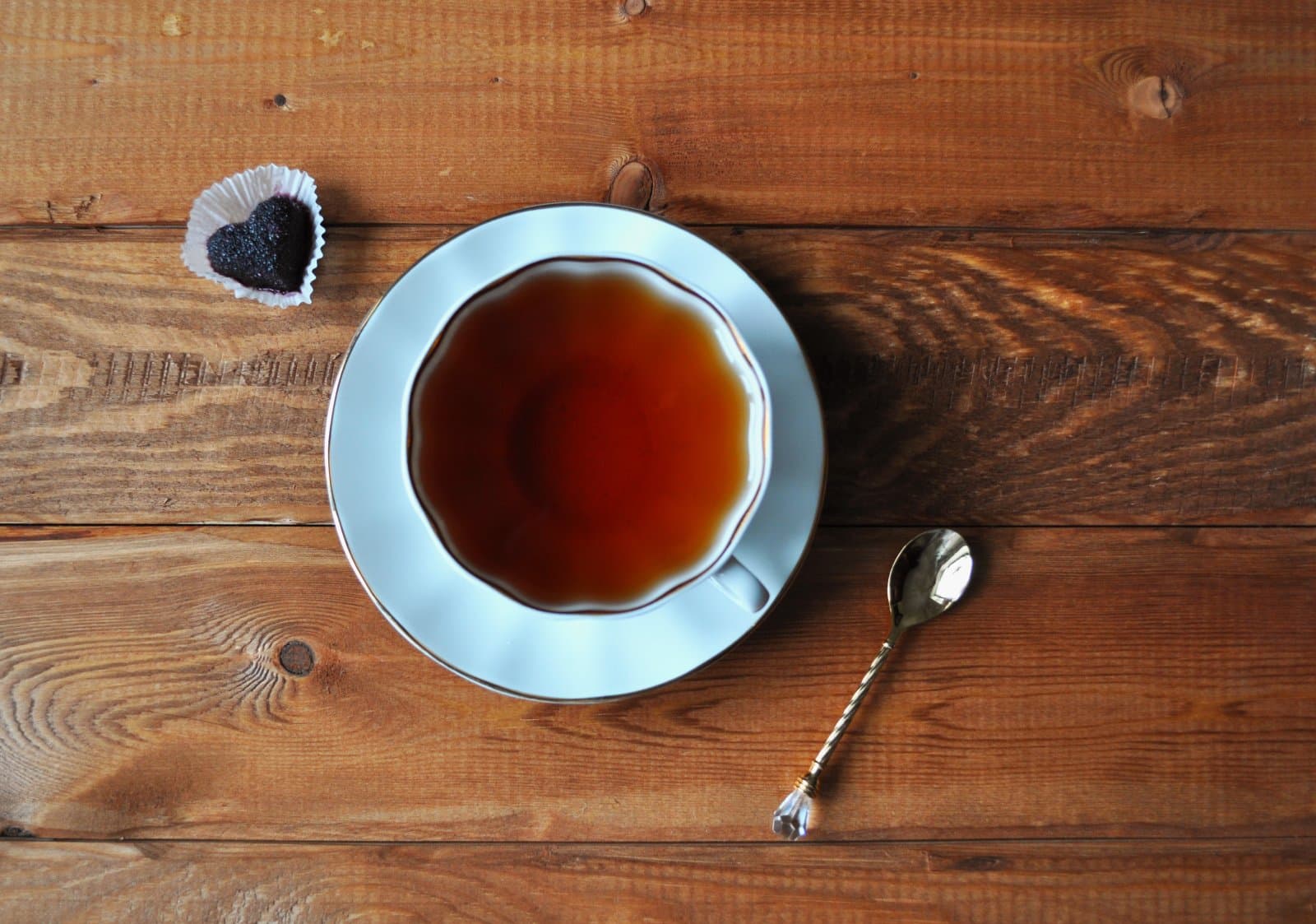
Tea rituals and cultures from around the world were appropriated and repackaged by the British, often stripped of their original meanings and contexts. This cultural appropriation was part of a broader pattern of colonial exploitation.
15. Dependency Creation

By establishing tea as a staple in British diets, the empire created long-term dependencies on tea-producing regions, binding them economically to British interests. This dependency ensured ongoing control and profit.
16. Resistance and Rebellion

Throughout history, there have been numerous instances of resistance against British tea practices, from local rebellions in tea regions to international boycotts. These uprisings are often underrepresented in popular narratives.
17. The Fair Trade Movement

The fair trade movement has highlighted the inequities in the tea industry, but it also underscores how deep these problems run. Even with fair trade, addressing the full scope of exploitation is challenging.
18. Educational Gaps

In Britain, the true story behind tea is rarely taught in schools, leaving many unaware of the complex and often dark history of their beloved brew. This lack of awareness perpetuates ignorance about the origins and impacts of tea consumption.
19. Modern Exploitation

Despite advances in workers’ rights, modern tea workers in former colonies often face conditions reminiscent of those during the colonial era. The cycle of exploitation continues, albeit in more subtle forms.
20. The Cultural Reckoning

As global awareness of colonial histories grows, there’s a cultural reckoning about commodities like tea. This awakening is prompting more people to question not just where their tea comes from, but at what human cost.
Reflections on a Steeped History

As we sip our tea, it’s worth pondering the deep and often bitter roots of its journey to our cups. Can we ever fully disentangle our present comforts from their exploitative pasts, or will the legacy of colonial tea culture continue to stir uneasy ripples in our modern conscience?
The post 20 Disturbing Facts About British Tea Culture first appeared on Lists Lovers.
Featured Image Credit: Shutterstock / Jen Watson.
For transparency, this content was partly developed with AI assistance and carefully curated by an experienced editor to be informative and ensure accuracy.

